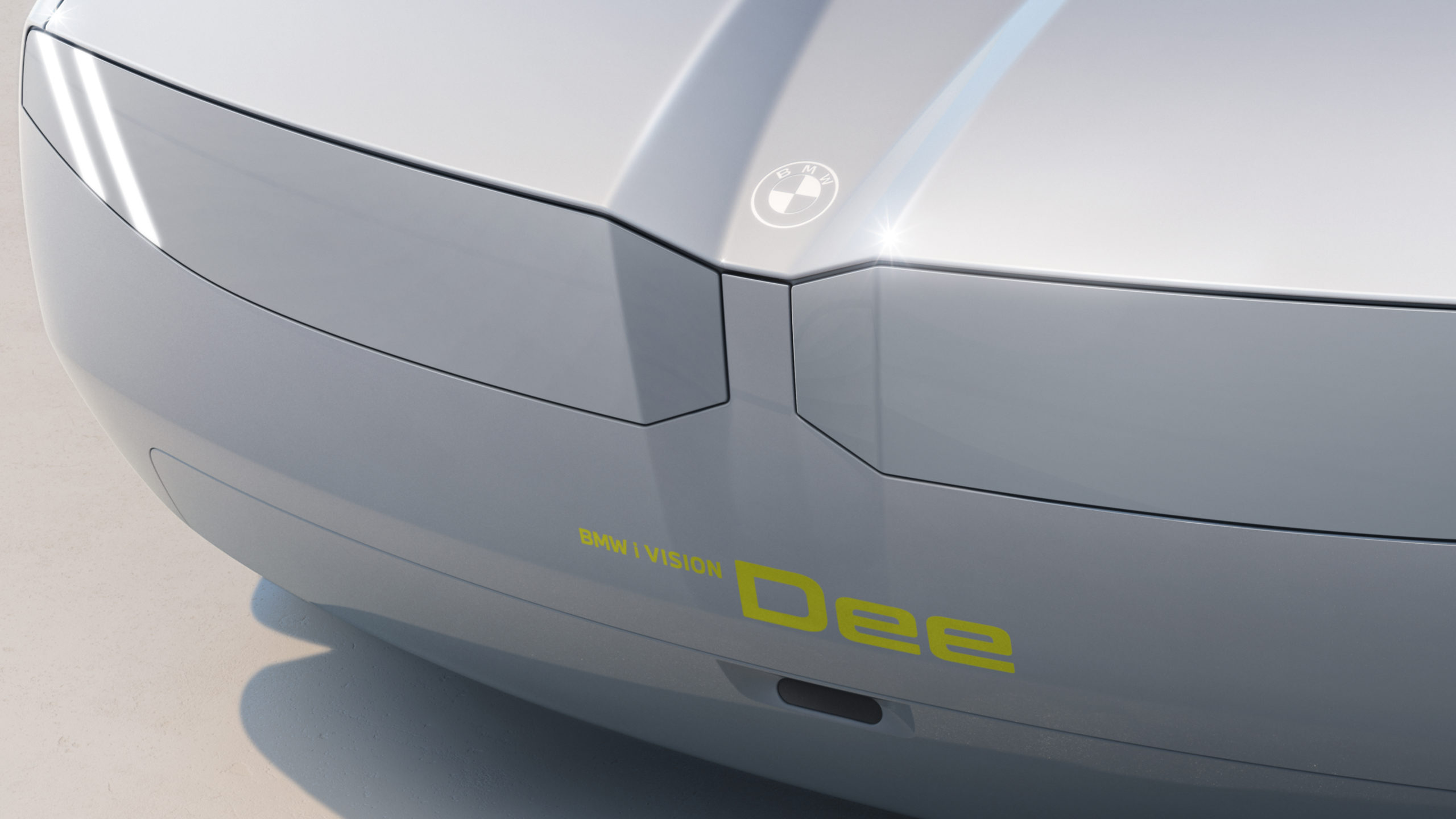
BMW’s ‘New Class’ will generate six BEVs in the first two years

BMW plans to launch six BEVs based on the New Class in two years, beginning in 2025 /BMW
BMW plans at least six model launches within 24 months for the ‘New Class’ electric cars from 2025 onward. To this end, additional plant


Comments
Ready to join the conversation?
You must be an active subscriber to leave a comment.
Subscribe Today